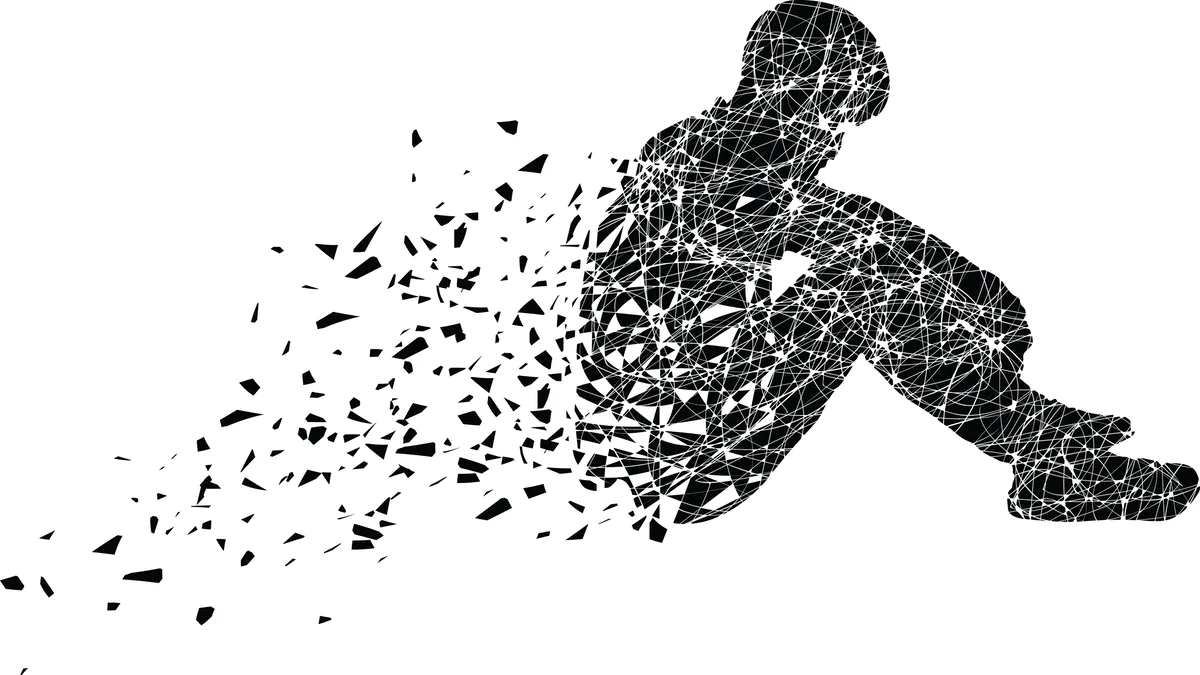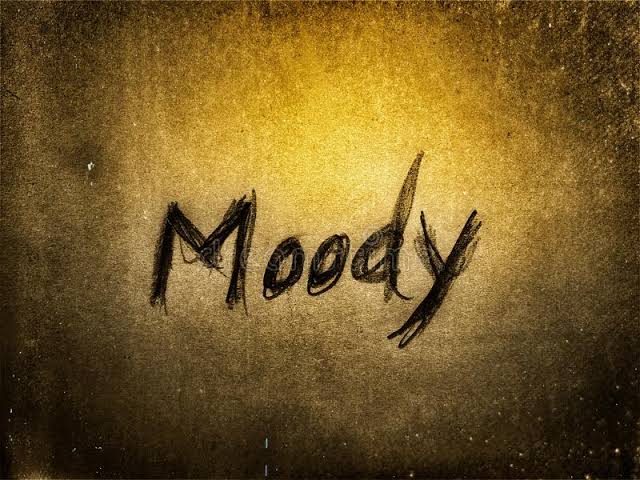INTERGENERATIONAL TRAUMA

Many Things from thee physical characteristics like skin color, genetic conditions and heirlooms can be passed down from one person to another, one generation to another. But I want to draw your attention to something called intergenerational trauma.
Intergenerational trauma can be defined as trauma that isn’t just experienced by one person but extends from one generation to the next. Studies have shown this to occur in communities that have experienced wars, violence,genocide, slavery, colonialism and holocausts. Descendants of survivors of such conditions may experience stress and other psychological related problems leading to a variety of other consequences. Trauma can aslo be experienced by communities and this is called collective trauma e.g. that being experienced by Jewish survivors of the holocaust, such people leave in fear of another holocaust. People in countries that have endured years of famine, violence, wars, genocide, refugees, domestic and sexual abuse are more likely to experience generational trauma
Symptoms of such trauma may include high anxiety, depression, panic attacks, issues with self-esteem, it can also lead to a dysfunctional immune system which may be either to active or inactive and this can lead to autoimmune diseases or a greater propensity for illness.
Transmission of this trauma may be via epigenetic modifications introduced by stress. Transmission between the parent and child can be broken down into 5 measures e.g. communication, conflict, family cohesion, parental warmth and involvement. Some children get it direct from their parents through interactions and relationships. Other children learn to traumatize others from their parents and the environments they were brought up in, a white child learns racist behaviors like this. A black child on their other hand can also learn to assert their blackness and how to respond to racist remarks and action from their parents.
There is no specific diagnosis of generational trauma according to the diagnostic and statistical manual of mental disorders (DSM-5). There are no easy treatments for this too but it can be resolved with interventions like individual therapy, group/family therapy. If the trauma is ongoing, it’s crucial to stop the cycle which requires support from friends, family and community.
Dear reader, we have strong minds and hearts, we can create safe communities together and suportng our families to be free from painwe can end they cycle of trauma and bring about positive change.
J.Kirumira






Responses